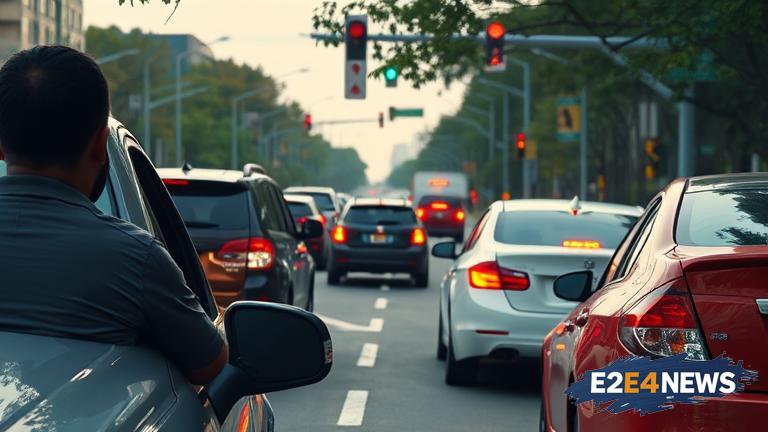A disturbing trend has emerged in Jacksonville, Florida, where an investigation has found that black drivers account for 62% of seatbelt and headlight violations issued by the JSO. This staggering statistic has raised questions about the presence of racial bias in traffic stops, with many calling for a thorough examination of the JSO’s practices. The investigation, which analyzed data from the JSO, revealed that black drivers are more likely to be pulled over and issued citations for minor infractions, such as seatbelt and headlight violations. This disparity is particularly concerning, as it suggests that black drivers may be subject to unfair treatment by law enforcement. The JSO has faced criticism in the past for its handling of traffic stops, with some arguing that the department’s policies and procedures may be contributing to the racial disparities. In response to the investigation, the JSO has stated that it is committed to ensuring that all drivers are treated fairly and equally, regardless of their race. However, many in the community remain skeptical, citing a lack of transparency and accountability within the department. The investigation’s findings have sparked a wider conversation about the need for police reform and the importance of addressing systemic racism within law enforcement. Some have called for the implementation of policies aimed at reducing racial disparities in traffic stops, such as de-escalation training and community-based initiatives. Others have argued that the JSO should prioritize building trust with the community, rather than relying on aggressive policing tactics. The issue has also drawn attention from local lawmakers, who have pledged to investigate the matter further and explore potential solutions. As the debate continues, it is clear that the JSO must take immediate action to address the racial disparities in traffic stops and work towards creating a more just and equitable system for all drivers. The investigation’s findings serve as a stark reminder of the need for ongoing vigilance and advocacy in the pursuit of racial justice. By examining the data and listening to the concerns of the community, it is possible to create a more fair and equitable system for all. The JSO must prioritize transparency and accountability, and work to rebuild trust with the community. This can be achieved through a combination of policy reforms, community engagement, and officer training. Ultimately, the goal should be to create a system where all drivers are treated with dignity and respect, regardless of their race. The investigation’s findings are a call to action, and it is up to the JSO and local lawmakers to respond with meaningful reforms. By working together, it is possible to create a more just and equitable system for all drivers in Jacksonville. The issue of racial disparities in traffic stops is complex and multifaceted, and will require a sustained effort to address. However, by prioritizing transparency, accountability, and community engagement, it is possible to create a more fair and equitable system for all. The JSO must be willing to listen to the concerns of the community and work towards creating a system that is free from bias and discrimination. This will require a fundamental shift in the department’s culture and practices, but it is a necessary step towards creating a more just and equitable society. The investigation’s findings are a reminder that there is still much work to be done to address the issue of racial disparities in traffic stops. However, by working together and prioritizing transparency, accountability, and community engagement, it is possible to create a more fair and equitable system for all drivers in Jacksonville.
